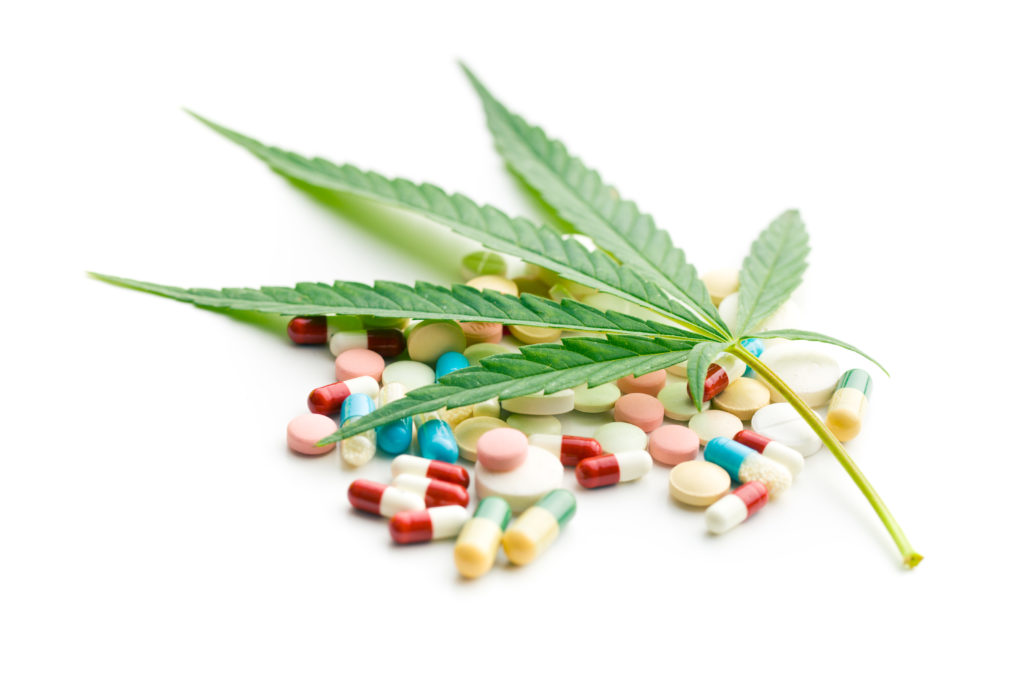
More than half of the United States has access to legal cannabis in some form. Support is at an all-time high. No matter what Jeff Sessions wants us to think, cannabis is rapidly becoming as mainstream in American culture as craft beer, but without cirrhosis of the liver. For those of us who live in recreational or medically legal states, it feels like weed has been mainstream for a while. It’s hard to even imagine living in a city without a dispensary every couple miles.
But just because a lot of us have access to legal herb doesn’t mean it’s accepted or respected everywhere. History has shown us that merely legalizing something does not automatically shed the stigmas and prejudices that build up through the spread of misinformation and fear. That part is on society.
According to a new report by the Global Commission on Drug Policy titled The World Drug (Perception) Problem: Countering Prejudices About People Who Use Drugs, misconceptions, stereotypes, and plain old ignorance are a massive part of the world’s drug problem, along with our habit of choosing to lead with moral absolutism (all drugs are addictive and will kill you) over facts (cannabis is considerably safer than tobacco and alcohol). Who knew?!
The UK-based commission, which includes world leaders like the former President of Switzerland Ruth Dreyfuss and entrepreneurs like Richard Branson, says it’s time to shift our attitudes about drugs and replace harmful stereotypes and ignorance with fact-based information and empathy.
“The language used when speaking about or referring to people who use drugs has a tremendous impact on how they view themselves and how they are viewed by others,” the report states. “Public opinion and media portrayals reinforce each other while contributing to and perpetuating stigma associated with drugs and drug use.”
In addition, terms like “junkie,” “drug abuser,” or “crackhead” minimize a person’s identity to their consumption of a substance and designate them as “physically inferior or morally flawed individuals.”
From the report:
“This moralistic view of drug use and drug use disorder continues to influence public opinion even today. For example, a majority of US Americans do not believe that difficult social conditions are a major cause of drug use. When asked to select terms that describe someone who uses cocaine, the most frequently selected terms were “no future,” “lazy,” and “self-centered.” In a 2016 survey in Scotland, almost half of the respondents believed drug dependence to be due to a lack of self-discipline and willpower (42%). A review of UK newspapers found that heroin use was portrayed as mainly a personal and emotional issue – in contrast to cocaine, which was seen as a lifestyle choice. And a kind of circular logic exists in Nigeria, where many people claim that drugs will drive people to insanity, while at the same believing that drugs are only taken by the insane. Community leaders there refer to people who use drugs as “useless,” “worthless people,” “irresponsible,” and state that they are an embarrassment to their families and their community as a whole.”
An estimated quarter of a billion people used illegal drugs in 2016. Of those, only 11.6% are considered to suffer from “problematic drug use or addiction.” Many people are just experimenting with weed or psychedelics in an “episodic and non-problematic” manner, something the report describes as a “universal impulse, seen in almost all cultures around the world and across history”. So for every person shooting heroin, there are far more people who just want to try LSD with friends on their birthday.
So what are we supposed to do about it? The commission calls for lawmakers to choose evidence-based data and transparency over the emotionally charged rhetoric that has taken hold of the drug conversation. It also calls for law enforcement officers to stop unnecessary and intimidating harassment toward drug users, and for opinion leaders to “live up to their responsibility in shaping public opinions and perceptions” by using destigmatizing language. Ordinary citizens have the power to not just hold leaders accountable for their actions but to get involved and encourage change in our own communities as well.
Allowing room for context and nuance in this very complex topic is the first step in creating a more intelligent, open dialogue, especially around cannabis. The negative perception surrounding cannabis has been more costly to our society than that of any other drug. It has stifled the medical research that could reschedule its federal classification and curb the use of opioids. It has turned non-violent weed smokers into criminals, at disproportionately high rates for men of color and low-income communities. Criminalization of weed has led to decades of unnecessary violence and casualties. It’s our duty as productive herb-loving members of society to lead by example and break the stigma, one conversation at a time.